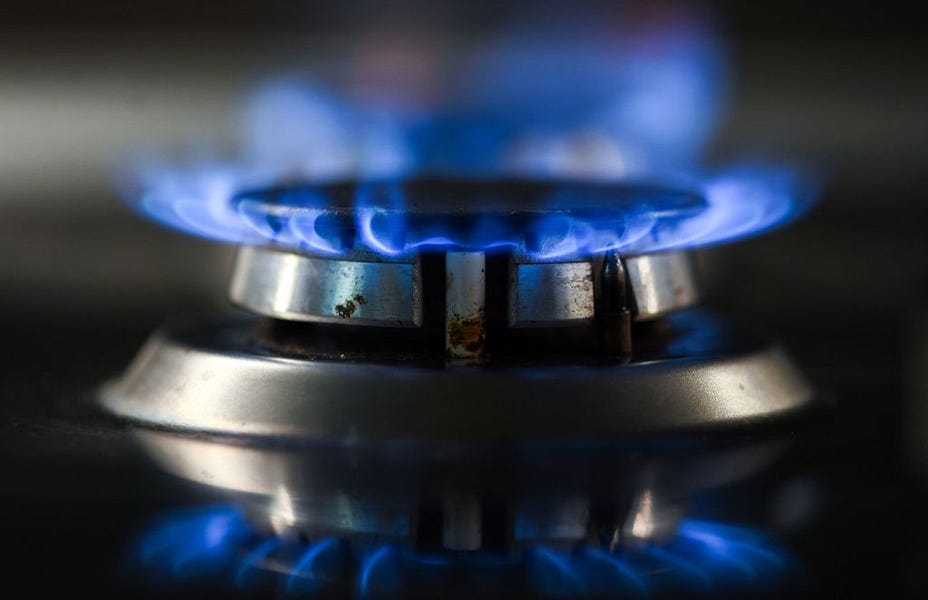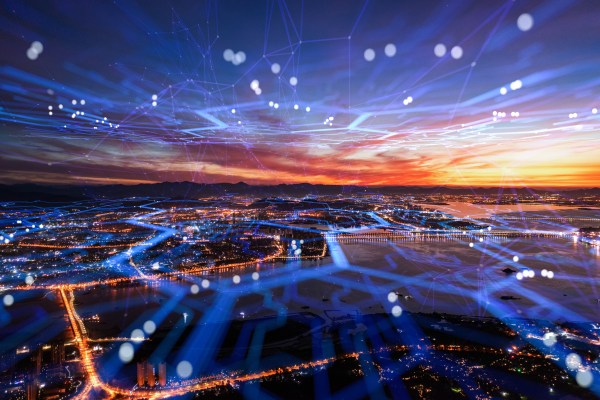Europe hopes that it won’t be a cold winter. While the continent is battling the ongoing coronavirus pandemic, has struggled with a rising electricity crisis, and is embroiled in an internal battle over the scope of its climate-change action, it now faces the highest natural gas prices in decades. The price increases are attributable to multiple causes, and they could have enormous implications for the continent’s efforts to combat climate change and even the overall political landscape.
It is hard to put an exact number on the cost increases since every European nation taxes energy at different rates and has varying purchase agreements for natural gas deliveries. In France many consumers have historically opted for gas heating because of high electricity prices; that calculation could prove costly this winter. In the Netherlands, prices are expected to reach almost eight times the level of 2020. The Greek government has calculated that the 2021-22 winter will cost consumers an additional 100 billion euros ($117 billion) in energy. Overall, European gas prices have increased by 500 percent, closing in on 80 euros ($93) per megawatt-hour, compared to the average 20 euros ($23) over the last few years.
This trend has EU leaders scrambling for solutions. Thousands are already on the streets protesting coronavirus restrictions: Italians have demonstrated in opposition to vaccine passport mandates, and Romanians have protested a new round of lockdowns. Latvia just implemented a full lockdown in response to rising cases. With inflation on the rise, affecting everything from food to electronics, the fear is that a working-from-home population will suffocate under soaring gas prices, with all the political consequences that could entail.
In France, which is nearing its 2022 presidential election, columnist Eric Zemmour is now polling second behind Emmanuel Macron. Zemmour, an independent candidate to the right of Marine Le Pen, is bundling the votes of those who oppose the current president. He has been an avid critic of France’s COVID-19 restrictions, and of the environmental policies that increase the price of fossil fuels. If the country were to experience a harsh and expensive winter, and the far-right were to join forces, then Paris could sing a different political tune by April next year. Macron’s government has reacted first by cutting taxes on energy suppliers and now by issuing 100 euro ($117) checks to those on low incomes to afford natural gas.
Elsewhere in Europe, governments are also sounding the alarm. Greece, Italy, Portugal, Slovenia, and Spain have also rolled out targeted tax cuts to deal with energy prices. Spain’s government is trying to assure consumers that electricity prices are expected to fall below 2018 levels soon and is simultaneously stressing in the European Council that the EU should look at joint natural gas purchases in order to increase bargaining power. Germany has argued against such purposes, not least because it is soon to complete a new gas pipeline with Russia, which puts it into a more comfortable position.
Meanwhile, lawmakers in the European Parliament have asked the European Commission to investigate Russia’s role in the price surge, from which it benefits. Russian President Vladimir Putin had first promised more gas deliveries to Europe, only to revert this decision soon after. Putin instead blames Europe’s green policies for its current problems. While it is accurate that Russia is benefiting financially from surging prices, it is also too politically convenient for Europe’s government to put all the blame on Putin. European gas storage is at its lowest in a decade; EU-27 and U.K. gas stores were only at 72 percent capacity, compared to 94 percent in 2020. It is likely that the EU banked on pandemic restrictions lasting longer, but as concert venues and manufacturing recovers, demand has outperformed their own projections. Another reason for historically low storage is the fact that in 2020, natural gas prices had hit a record low, which meant that storing it became more expensive than purchasing it. On top of that, wind power underperformed in 2021, which has added to more need for gas power plants to produce electricity. Already, 80 percent of Russia’s daily exports are pumped to Western Europe, according to Bloomberg.
While this is happening, the EU is rolling out new environmental rules to strengthen its 2015 Paris Climate Accord ambitions. Ironically, while European governments are cutting taxes and subsidising citizens to purchase gas, the EU is preparing pricing mechanisms that will increase the price of using fossil fuels. But while some in Western Europe are upgrading insulation and switching to heat pumps, most of the European continent is miles away from the ambitious energy reduction targets that Brussels is eyeing. This has the potential of stopping the EU in its tracks—Poland has already demanded to cancel or delay certain climate change policies as gas prices are skyrocketing. For reference, Poland’s lowest temperatures can reach -25/-30°C (-13/-22°F). By comparison, the lowest temperatures in the Netherlands range around -3°C (26°F). In Belgium, where the EU institutions are located, temperatures rarely drop far below freezing points.
No matter how freezing it will get in Europe, one thing is certain: As the German Green Party is still in talks to form a governing coalition since the recent parliamentary election, as France is readying itself for a contentious presidential race, and while the European Council fights over energy policy, political moods are certainly going to get frosty over the months to come.






Please note that we at The Dispatch hold ourselves, our work, and our commenters to a higher standard than other places on the internet. We welcome comments that foster genuine debate or discussion—including comments critical of us or our work—but responses that include ad hominem attacks on fellow Dispatch members or are intended to stoke fear and anger may be moderated.
With your membership, you only have the ability to comment on The Morning Dispatch articles. Consider upgrading to join the conversation everywhere.